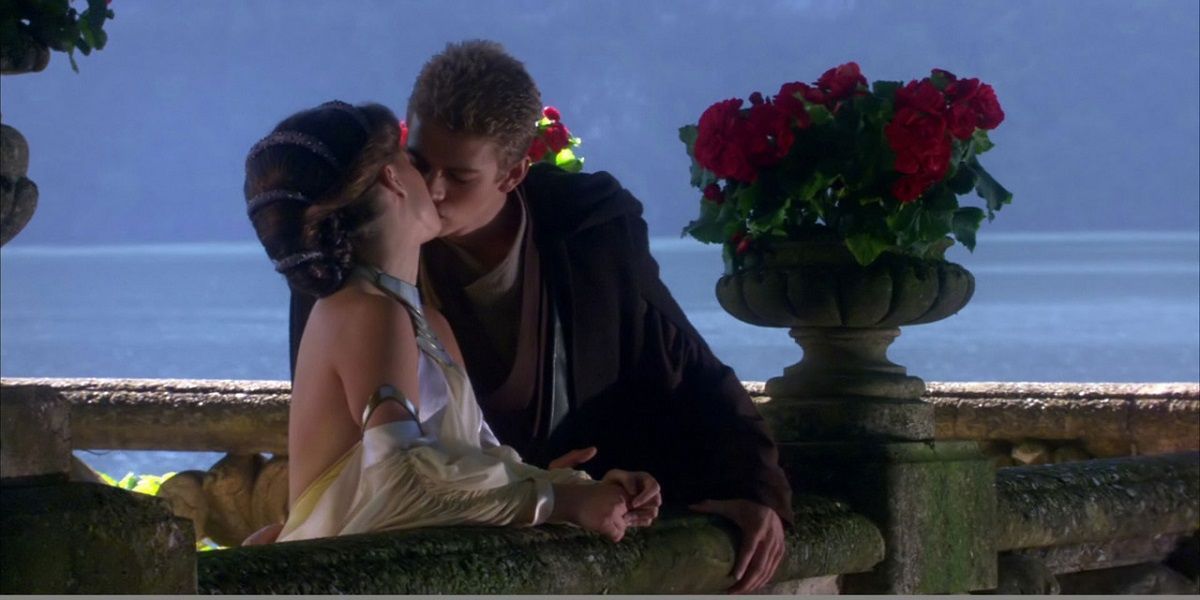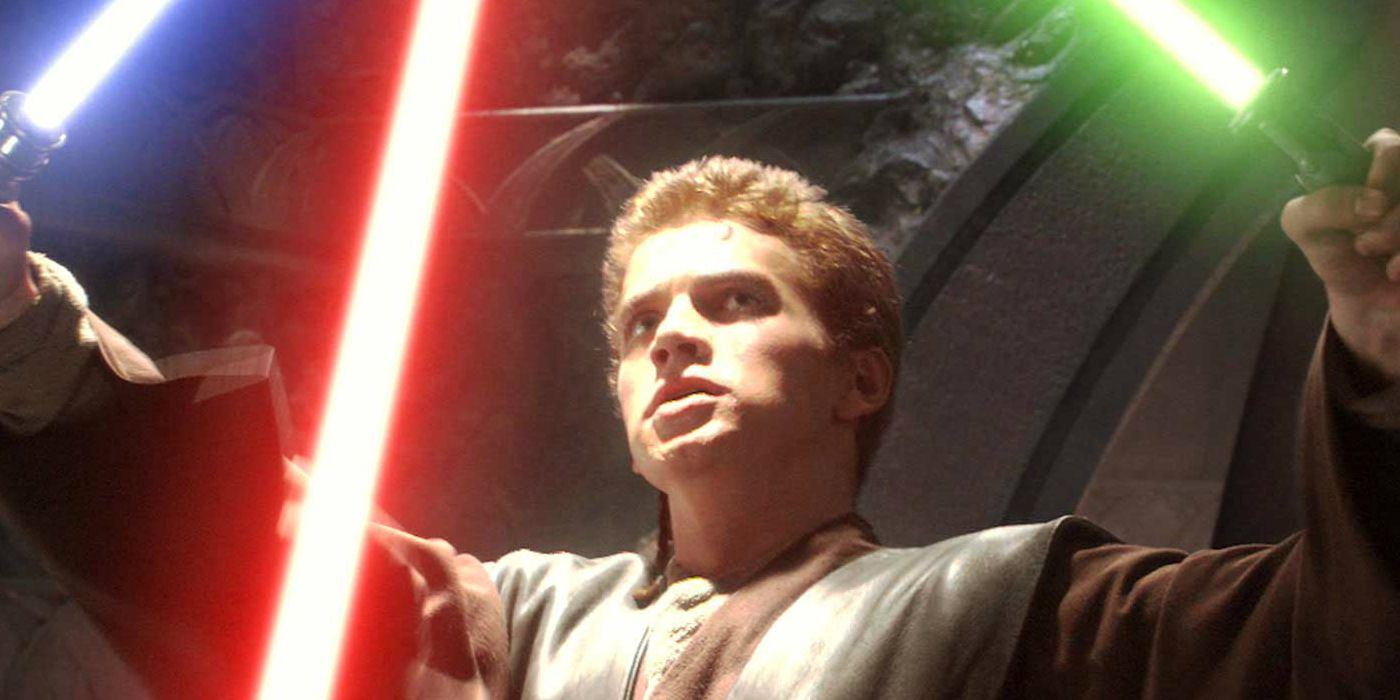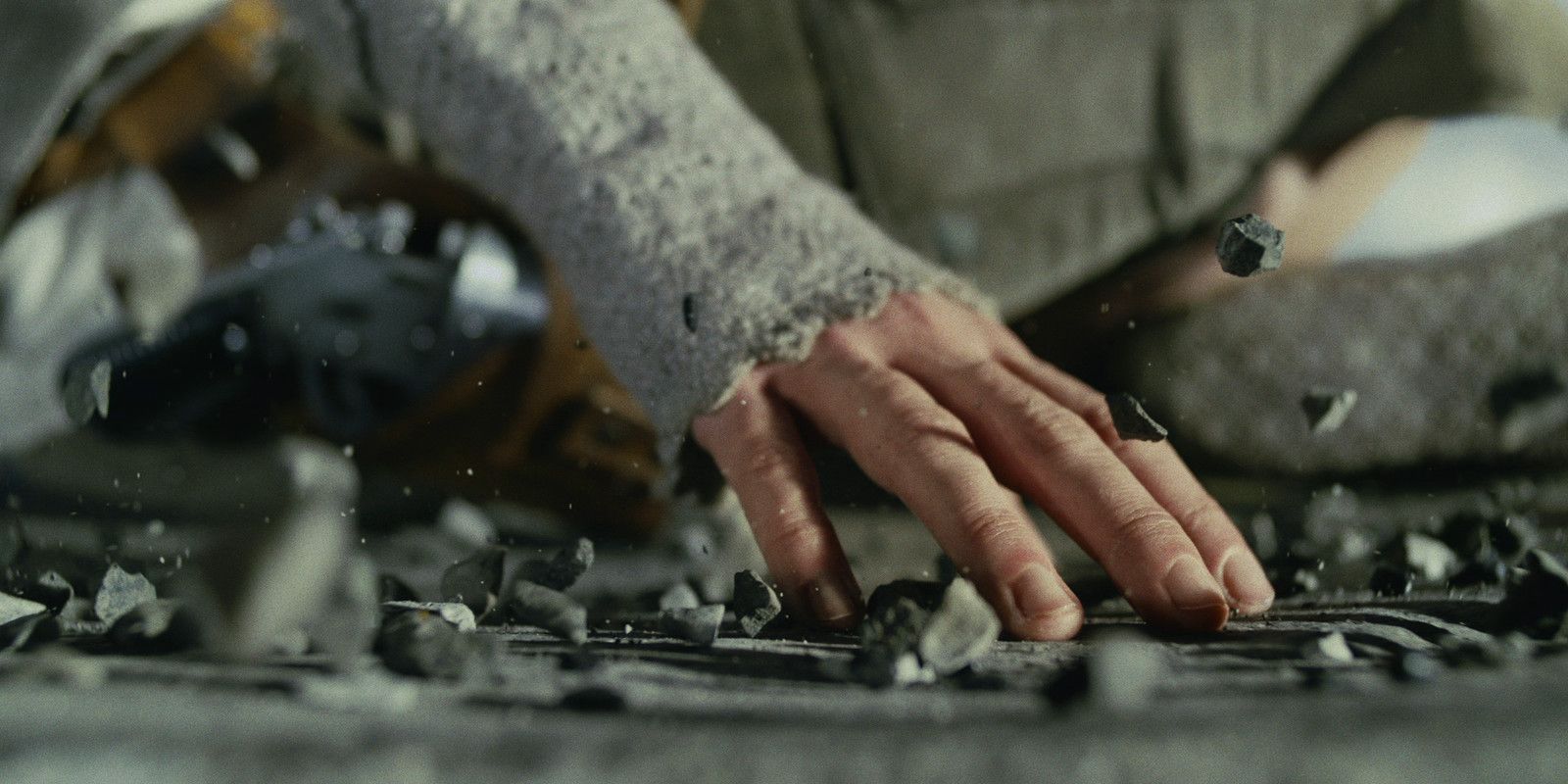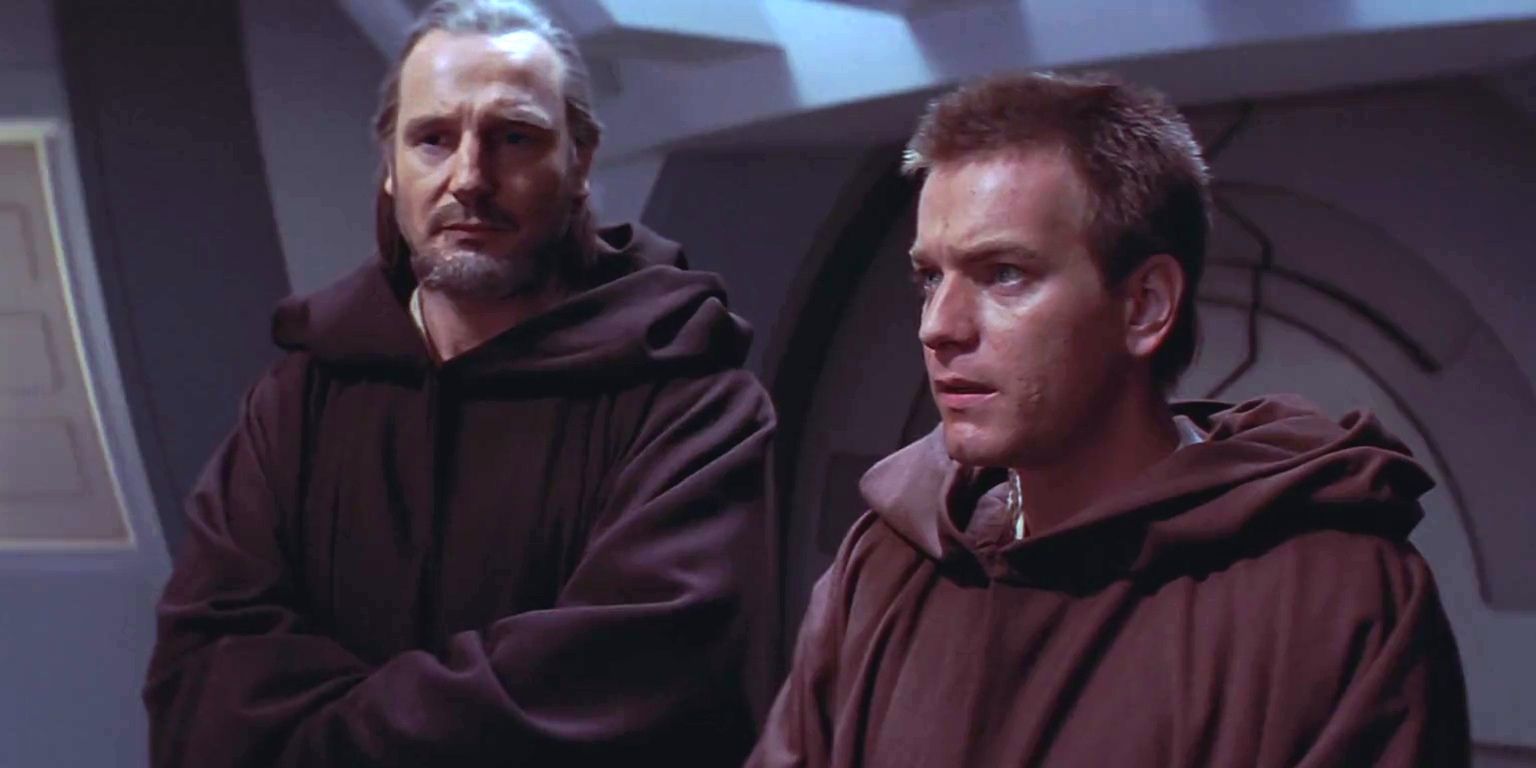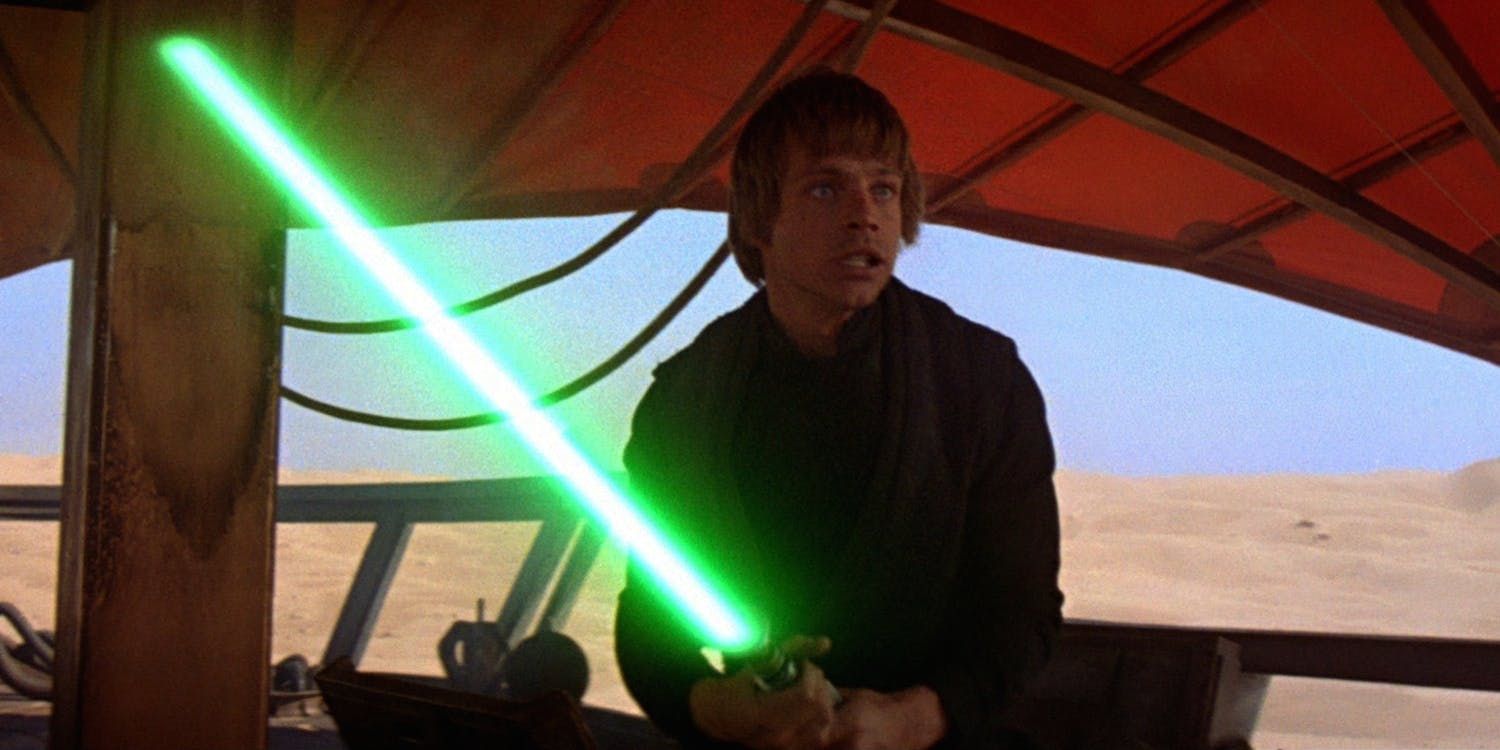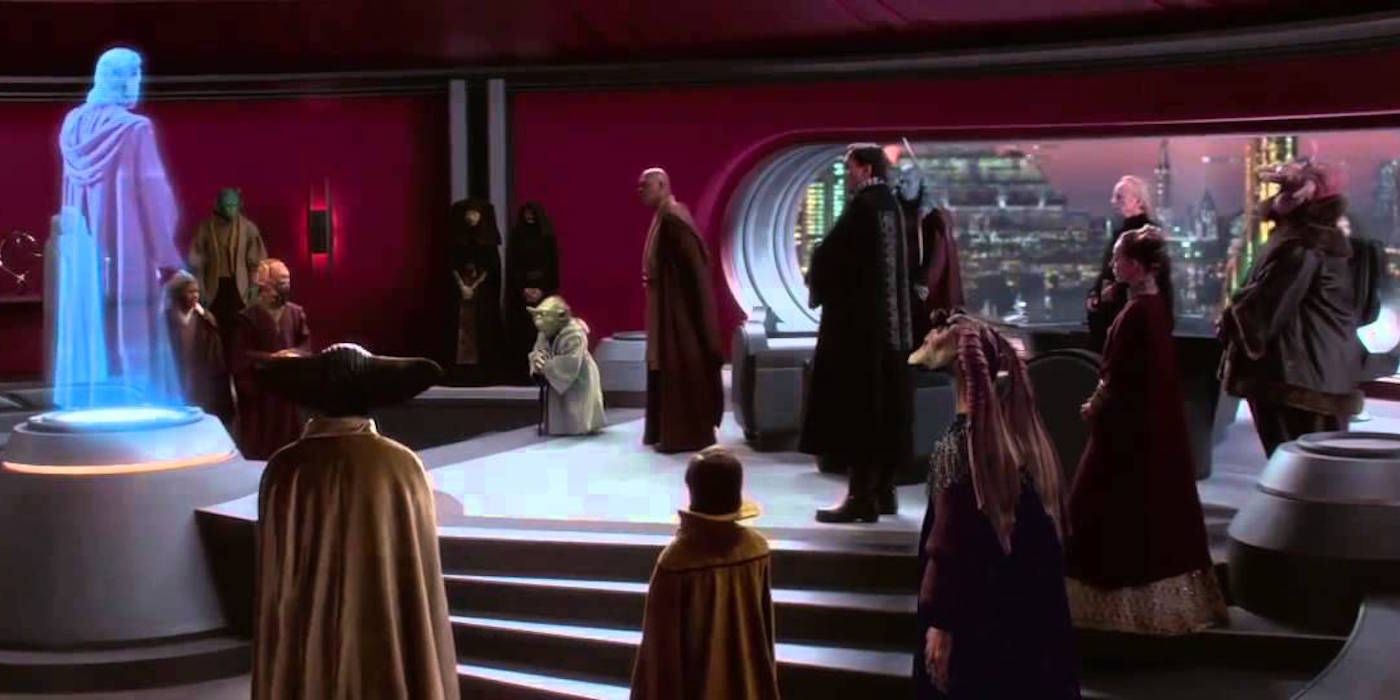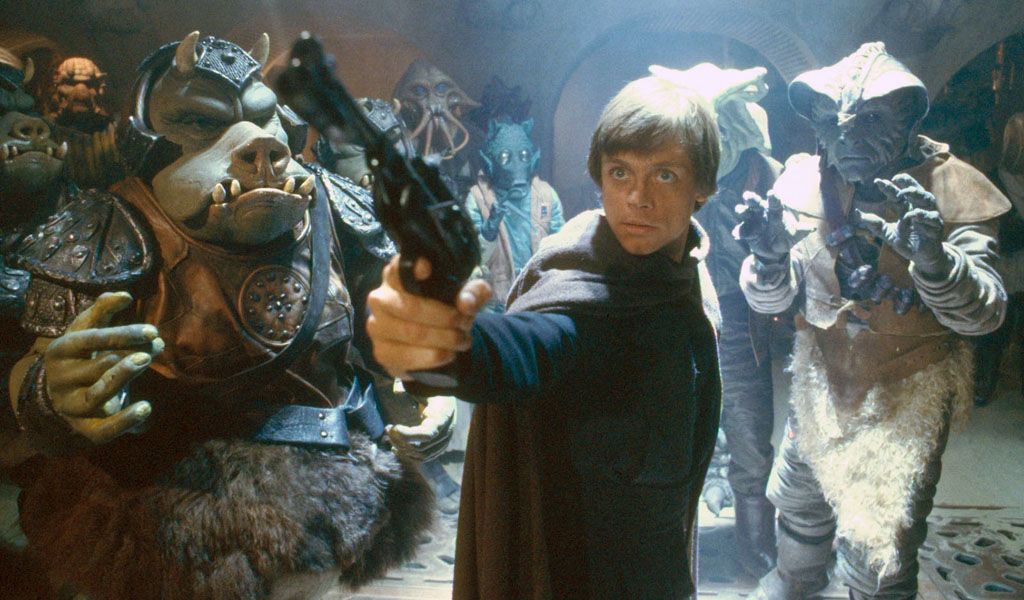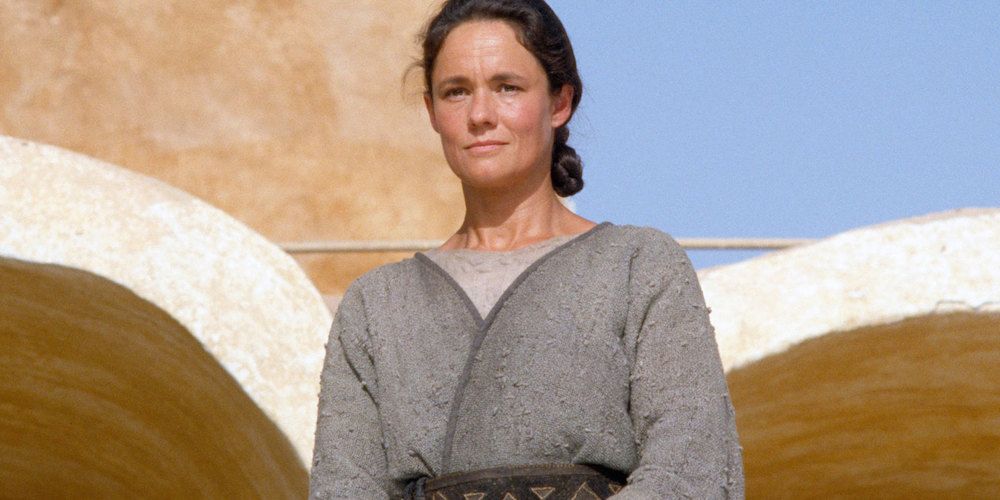In 1977, George Lucas launched a franchise that inspired the ultimate personality test: are you a Jedi or are you a Sith? Most people based their answers on the characters in the Star Wars movies. If they related more to Luke, they were a Jedi. If they rooted for Darth Vader, they were a Sith.
When the prequels were released, a whole new generation of Star Wars fans had to choose. This time, it was a bit harder, since LucasFilm gave the heartbreaking backstory of Darth Vader – known in his youth (and again in his death) as Anakin Skywalker.
As the years went on and the franchise grew, more and more material hit the mainstream. Fans can now buy published copies of the Jedi Code, and the Sith Code.
With that, they can truly live by the beliefs of the Jedi if they really want to. However, the Jedi Code is pretty strict.
There are clear cut dos and don'ts that are hard to adhere to in modern days.
Some of the rules are just downright odd. This list will comb through some of the more contradicting, difficult, and half-baked rules the Jedi face.
Here are 15 Crazy Rules That Jedi Are Forced To Follow.
15. No love or personal relationships
One of the most stressed aspects of the Jedi Code is forgoing any personal relationships. Jedi are not allowed any contact with their families, and cannot get involved in any romantic relationships.
The idea is that if they have these close, personal connections with people, the Jedi won't be able to control their emotions.
The desire to impress someone could lead a Jedi to misusing the Force for personal gain.
Fear of anything happening to those people could drive the Jedi to the Dark Side, like in the case of Anakin Skywalker. There's a lot that could go wrong, in the eyes of the Council.
However, Jedi are also required to be empathetic at all times. Being unable to form strong, personal relationships can make that difficult.
14. No emotions in general
The very first line of the original Jedi Code is "Emotion, yet peace." It makes sense; be wary of emotions, but keep a peaceful mind and body.
Over the years, the code has seen a few alterations, including a change in that first line. In the refined version of the Jedi Code, the opening mantra is "There is no emotion, there is peace."
That seems to almost contradict the original code. And in fact, it's not great advice. Encouraging Jedi to stifle their emotions, particularly strong ones, could quickly lead down a dark path.
It's essentially what happened to Anakin Skywalker-- he couldn't be open about his fears or sadness with Obi Wan or the Council, and became one of the biggest tyrants in history.
13. Don’t mourn or miss the deceased
Being a Jedi is a dangerous profession. There's always someone – well, more accurately, at least two someones – out there working to destroy the Jedi. Death is just an assumed risk. However, it's not to be feared or overly grieved.
As Yoda tells Anakin in Episode III: Revenge of the Sith, "Mourn them do not, miss them do not."
The reasoning behind this is two-fold-- one part being that mourning can involve anger.
When Anakin's mother died in Attack of the Clones, his anger drove him to destroy the entire Tuskan Raider camp.
The second factor in not mourning the dead stems from belief in the Force. Jedi are taught to rejoice in the fact that a person becomes part of the Force when they die.
So really, they're never gone. It's a nice sentiment, but to scold a Jedi for mourning the death of someone they knew is admittedly harsh.
12. Only defend, never attack
Jedi are defenders and protectors of the weak – the emphasis being on defend. They are not allowed to use the Force or their weapons to attack anyone.
For the most part, the rule makes sense. Using a lightsaber to attack someone not only indicates acting on aggression, but it's also not a fair fight. It also plays to the no taking lives "unless absolutely necessary" part of the code.
Even so, there are some situations where coming in on the offense is smarter, particularly when a Jedi knows they're going into a dangerous situation.
Granted, there's inherent danger in any Jedi mission. However, going into a scenario where a fight is likely without weapons immediately drawn feels off. What if they aren't quick enough when defense is necessary?
11. Understand dark and light in all things… but don’t dwell on the dark
The Jedi Code is comprised of a number of rules. However, there's one overarching concept: avoid succumbing to the dark side of the Force at all costs.
Don't pursue power, or relationships, or emotions – all those things lead to the dark side. However, that doesn't mean to ignore it completely. The Jedi are taught to see and understand the dark and light in everything.
That said, how can they understand it and know how to combat it, if they are not supposed to dwell on the dark side?
One technique in any battle is to develop an understanding of how the opponent thinks. It makes it easier to predict what he or she might do, and prepare for the move.
There's an argument to be made that the Jedi should at least study minor aspects of the dark side, to fully round out their knowledge.
10. Keep mind in the present
Above all else, Jedi must have an incredible sense of focus. They do learn how to hone their sense of the future, but they shouldn't do so "at the expense of the present."
It was a reminder Obi Wan himself needed in Episode I: The Phantom Menace. Like most of the rules of the Jedi Code, it's based in logic. Not focusing on the moment at hand often leads to unnecessary and easily preventable mistakes.
However, it couldn't hurt to practice multitasking. In the context of The Phantom Menace, Obi Wan sensed something "elsewhere. Elusive."
Presumably he was sensing The Chosen One, and how they were soon going to cross paths. If something that big can be sensed that early, and that far away, maybe it'd be beneficial to look into it just a little.
9. No subjectivity
With the help of the force, Jedi can sense what's going on in the world around them. They are taught to trust their feelings.
However, they cannot be driven by them.
A Jedi is taught to only act and think objectively, working toward the greater good for everyone involved.
In a large scale situation, that works. One person should not make every decision for an entire nation, even Padmé Amidala knew that.
However, in a less weighty scenario, subjectivity can be helpful. Had the council followed their opinions and feelings and denied Obi Wan's training of Anakin, things might've turned out a bit differently.
If the Jedi are going to be taught to trust their feelings, they should be able to act on them at the appropriate times.
8. If a Jedi ignites a lightsaber, he must be ready to take a life
Of all tenets of the Jedi code, no taking a life is one of the biggest. It's only permitted if there is no other option in the situation, and even then it is still considered an act against the Force.
It's odd then, that a Jedi should be ready to take a life if a lightsaber becomes necessary.
This is not explicitly stated in the Jedi Code, but rather in the 2013 Star Wars Day-at-a-Time calendar. It is not official LucasFilm merchandise, but it does highlight the Star Wars movies through images, quotes and facts.
Hoqwcwe, it does coincide with the Jedi teachings; they say a lightsaber must only be used as a last resort.
At that point taking a life may be inevitable, and the Jedi must accept that. This semi-rule is just confusing.
7. Only get involved when absolutely necessary
Over the years, the Jedi Code has been tweaked a bit. However, for the most part, the core tenets are still in tact.
In later versions of the code, the first line is "Jedi are the guardians of peace in the galaxy."
Their mission is to help the defenseless and keep the peace, but only if the situation really, really calls for it.
In certain situations, if someone had already stepped in to help, the Jedi were to stand aside even if they felt that they could do a better job.
Jedi were taught that they should only give the help required by the situation-- as Qui Gon Jinn reminded Queen Amidala in Phantom Menace, "I can only protect you. I cannot fight a war for you."
In context, it's assumed he just meant he's not enough manpower. In actuality, he's just sticking to the code.
6. Serve the Republic
The Jedi serve and answer to the Force above everything. They are meant to use it to keep the peace and spread light through the galaxy.
Why then, would they be bound to serve the Republic? Yes, they are funded by the Senate, but the Jedi answer to a higher calling.
In fact, the ideals of the Republic and the ideals of the Jedi are not very similar. In reality, they'd be more like nomads, roaming the galaxy and doing their work.
There is the argument that having no one to answer to would create more dark Jedi than ever, and that is definitely a valid thought.
However, strictly based on their teachings, Jedi are only bound to protect and defend the helpless. They are not to be dispatched at will by a governing body, except maybe the Jedi Council.
5. The Council has final decision over ranking
Becoming a full fledged Jedi Knight is an extensive process. First, a padawan must receive training from a Master.
Then, the padawan must face the Jedi Trials. That could be anywhere from five to nine tests. And, at the end of the day, it might not even matter because the Jedi Council has the final say over rankings.
If they sense something dangerous, they can deny a Jedi the rank of Master. They tried to deny Anakin his training when he was first brought to them, but eventually caved and let Obi Wan take him as an apprentice.
As an adult, they did deny Anakin the rank of Master when Palpatine requested he be put on the Council, though still gave Anakin a seat.
It's a good rule in theory, but if a padawan makes it through the trials only to be denied, that anger can be more dangerous.
4. Masters can only have one Padawan at a time
Per the Jedi Code, a Master can only have one apprentice at a given time. There are positives to this rule; having only one padawan allows a Master to fully dedicate their attention to him or her.
The apprentice can fully embrace their talents and hone their skills.
On the other hand, it also has the potential to leave more than a few talented, force-sensitive people out in the cold.
A padawan has to be chosen by a master.
If a master can only choose one then they're probably going to go for the single most talented of the bunch, and that's a years-long commitment.
By the time the master is free to take a new apprentice, they'll be picking from a new crop of younglings, not teens.
3. Don't go beyond jurisdiction
Again, the Jedi are sworn protectors of the galaxy. They're recognized on all planets. So it's a bit hard to grasp the idea that they only have actual jurisdiction in certain areas.
Jedi are meant to step in when necessary and defend those who need help-- they wouldn't just not act on a situation because it's outside the domain of the Republic. It's against their core beliefs.
Jedi are taught that not everything is always as it seems. Something that initially seems off could be customary, so the code stresses patience and vigilance before intervening.
However, if a Jedi sees something happening that is very clearly wrong, how can they be expected to turn a blind eye? Of all the Jedi teachings, this one is probably the most contradicting.
2. Don't cling to the past
One of the driving forces of Anakin Skywalker's descent into the Dark Side was his fear of the past.
After his dreams of Shmi Skywalker turned out to be true and she died in his arms, Anakin was determined to not see the same thing happen to Padmé.
He let both his fear of the past, and the future drive him to extreme measures.
The Jedi are taught not to dwell on the past. In Anakin's case, it makes sense.
However, in general, that can be counterproductive. After all, the Jedi are also taught to "improve themselves through knowledge and training."
Knowledge of the past can be a strong teacher. Keeping a particularly traumatic event in mind could prevent it from happening again in the future.
1. Consult their master before making a promise
A padawan learner is taught to refer to their Master for everything. Deciding on a course of action, inquiring about something they don't understand – it's all handled by the Master.
The Jedi Code even goes so far as to say a young Jedi should consult their Master before making a simple promise. However, again, it's not stated explicitly – just very strongly encouraged.
In terms of big promises, this makes sense. A Jedi should never guarantee something that they can't deliver (like Anakin did in Attack of the Clones).
However, it seems a bit excessive for trivial matters. If a Jedi can easily come through on what they promise, referring to the Master seems like a waste of time.
Moreover, a Jedi in training eventually needs to learn to stand on their own. They should have the liberty to build people's trust in them.
---
Can you think of any other rules that Star Wars Jedi are forced to follow? Let us know in the comments!


